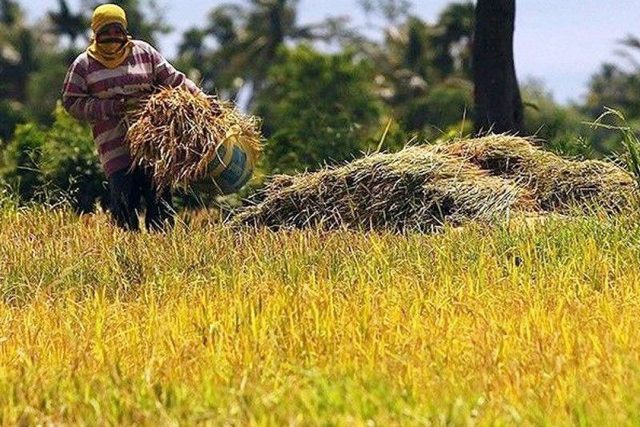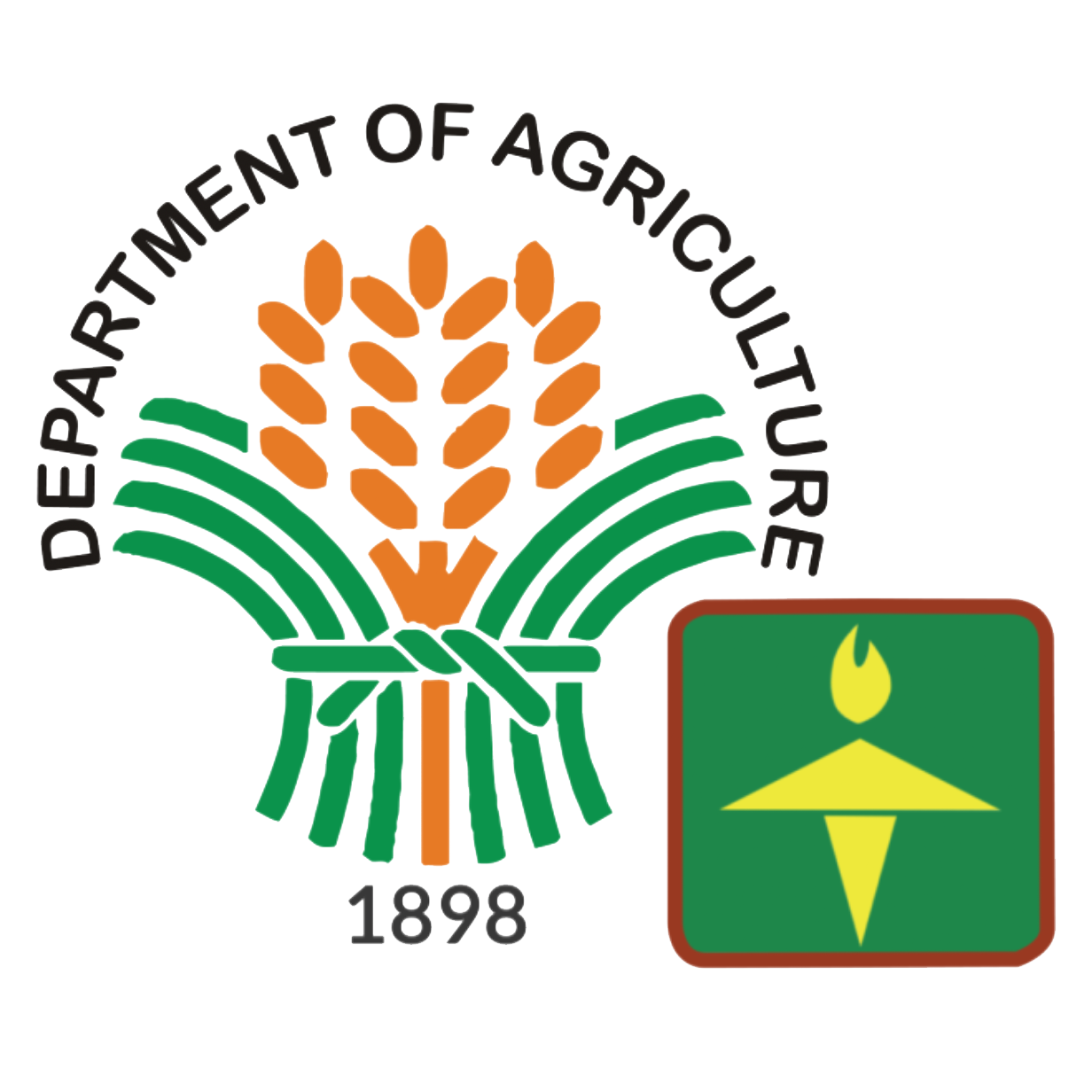
A BILL filed in the House of Representatives proposes to raise the annual allocation for the Rice Competitiveness Enhancement Fund’s (RCEF) to P15 billion from the current P10 billion.
House Bill No. 212, which was filed by Nueva Ecija Rep. Mikaela B. Suansing and Sultan Kudarat Rep. Horacio P Suansing, Jr., seeks to raise the program’s allocation to “maximize its efficacy in improving the productivity and incomes of Filipino rice farmers.”
The RCEF is a component of the Rice Tariffication Law. RCEF receives P10 billion from rice import tariffs a year for six years to support farm mechanization, seed development, training, and credit assistance.
“The RCEF was designed to reduce palay production costs by 30%, to increase yields by 50% and to double farmer incomes in six years to boost Filipino farmers’ competitiveness (following) the liberalization of the Philippine rice trade in 2019,” according to the bill.
“However, there have been reports that, despite RCEF’s implementation, farm yields have not improved, production costs have not declined, while farmgate prices of domestically produced palay have remained low,” it added.
Apart from the increase in budget, the bill proposed to make RCEF funding perpetual.
“That is, RCEF will not only be a six-year program… The government should continually provide support to our farmers to ensure the sustainability and competitiveness of the Philippine rice sector, as well as ensure food security,” according to the bill.
“While the amount appropriated to the rice fund and/or the amounts allocated to each individual RCEF component program can be changed, the rice fund itself should be (made permanent) and its receipt of annual appropriations should be guaranteed to perpetuity,” it added.
According to the bill, P5 billion from the fund will be allocated towards subsidies for essential farm inputs, such as fertilizer and chemicals, amid rising input costs.
The price of granular urea increased to P3,002.17 per bag from P1,115.52 before the recent global shortages, while complete fertilizer prices rose to P2,212.15 per bag from P1,094.48, according to the Fertilizer and Pesticide Authority.
“Based on a survey of rice farmers (with irrigated farms) in Nueva Ecija, expenditure on fertilizer comprises 39% of their total expense throughout the cropping season, while expenditure on other chemicals comprises 8%. This shows that subsidies for these other essential farm inputs are much needed, as low usage of fertilizer has reduced the palay yield in the first semester of 2022 by about 6.8%,” it said.
“While the Department of Agriculture has provided fertilizer subsidies in the past, it has been on an ad hoc basis. That is, subsidies have been provided during some cropping seasons but not others, and amounts allocated towards subsidies have varied greatly depending on fund availability,” it added.
The bill also proposed to increase the annual allocation for rice farm machinery and equipment to P5.5 billion from the current P5 billion and decrease the annual allocation for expanded rice credit assistance from the current P1 billion to P500 million.
It also seeks to enhance the reporting, monitoring and coordination mechanisms between the Congressional Oversight Committee on Agricultural and Fisheries Modernization and RCEF-implementing agencies.











